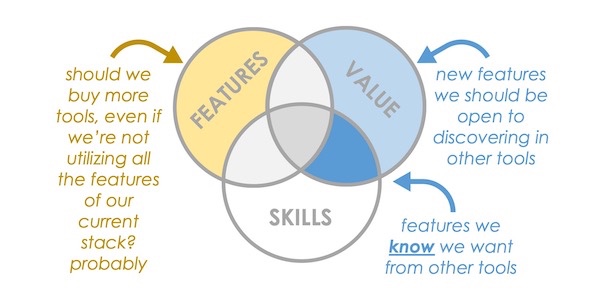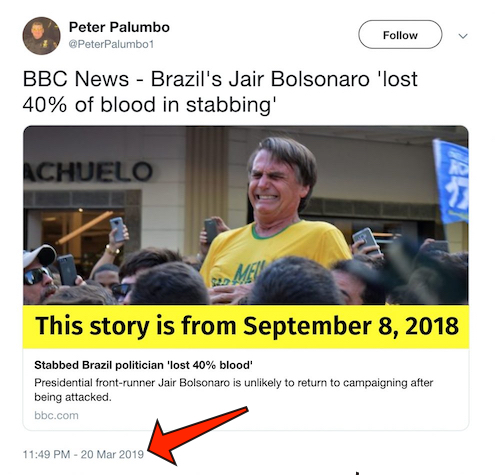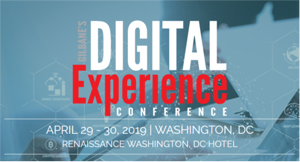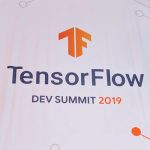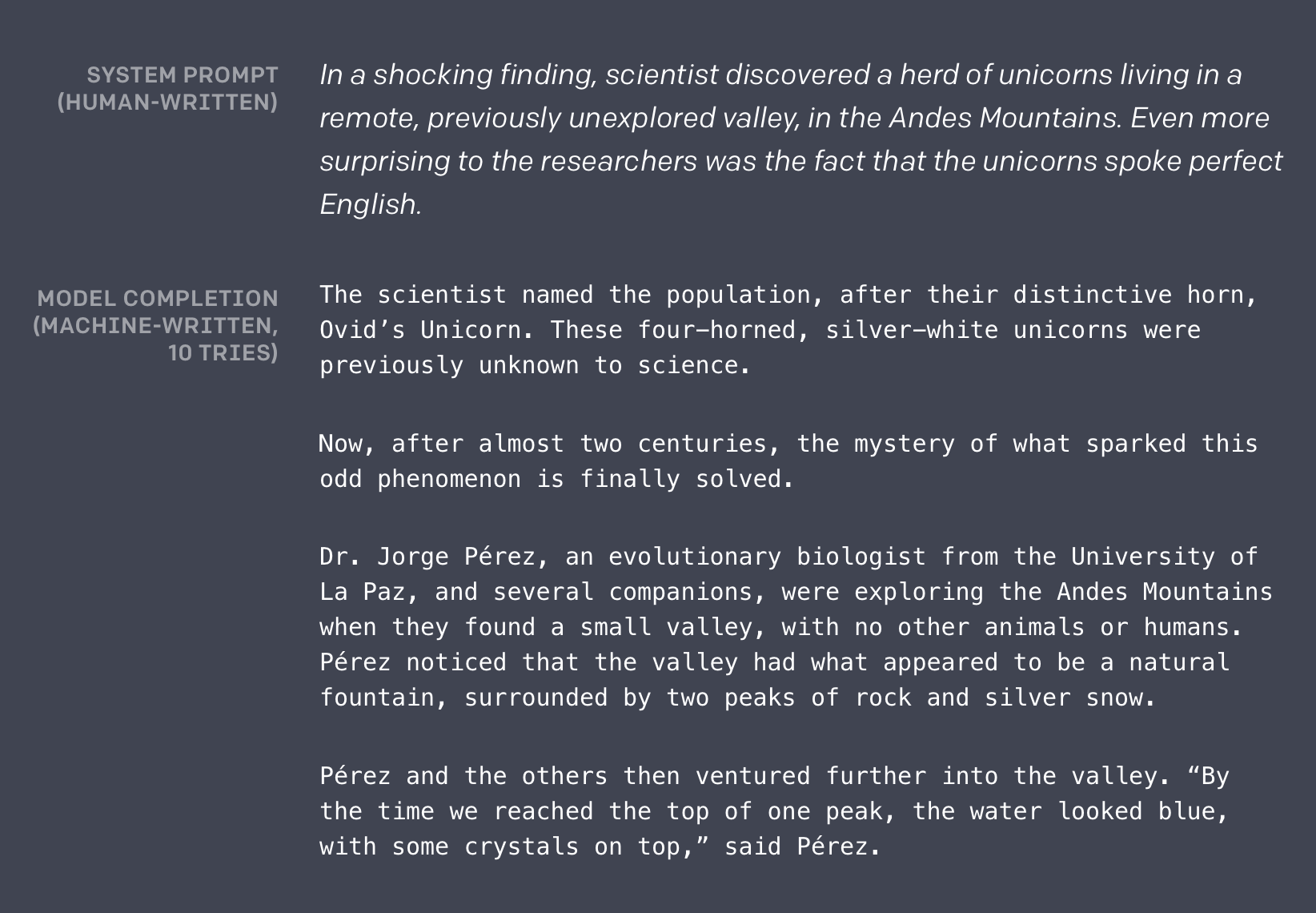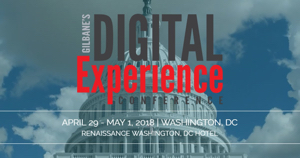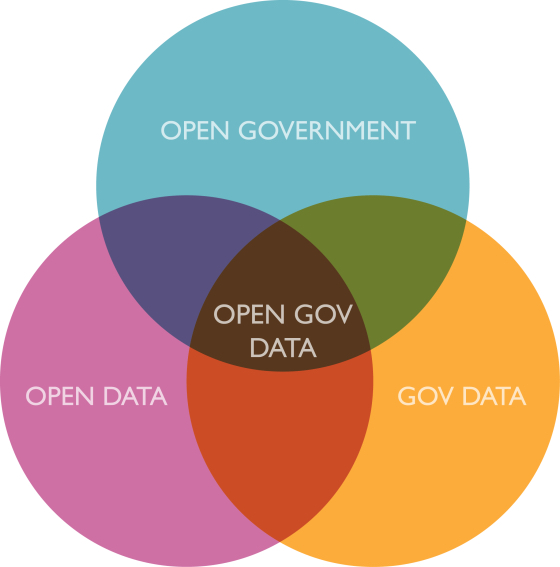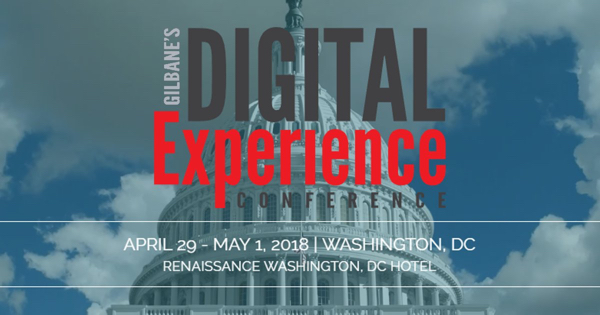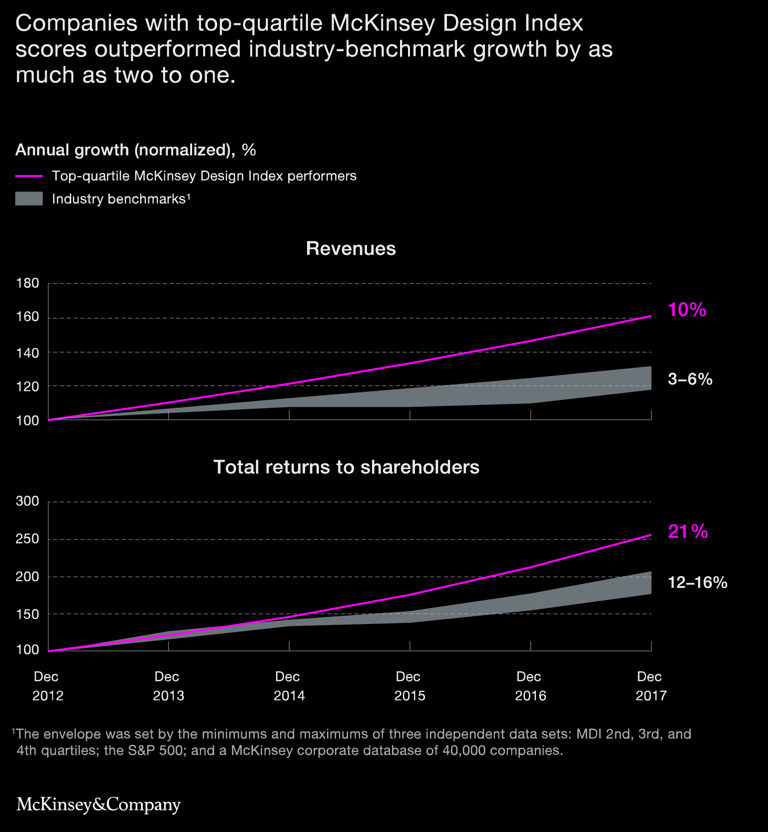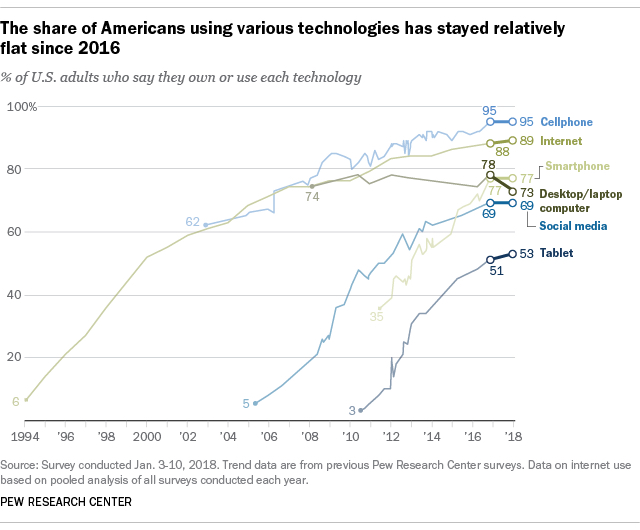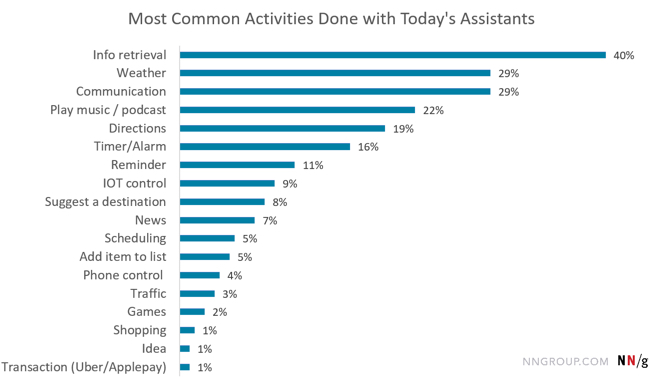Martech stack metrics
Scott Brinker: “Martech stack utilization is a misguided metric… (when it’s disconnected from value)”. This is certainly true. Products/tools in your stack usually have many features, only a subset of which actually provide value for your needs. Identifying and
focusing on those features can save resources and provide more accurate ROI calculations. Read More
4 questions retailers need to ask about augmented reality
It seemed like AR was poised for rapid adoption (beyond Pokémon Go) a couple of years ago when apps started appearing from Ikea and others. Indeed I thought so. There has certainly been a lot of activity and some very useful applications, but as usual the use-case specifications, cost justifications, integrations, and learning curve take a time-toll. Bain & Company has some good advice for execs creating or reviewing a plan. Read More
Google announces a new Glass augmented reality headset for B2B
Much of the advice in the Bain article we reference above is also relevant to non-consumer AR applications. Whether B2B AR deployments are ahead of B2C or not, project planning should be informed by research into both. ROI calculations will be very different, but technologies and user experience design considerations largely overlap. Google Glass was a consumer flop but their Enterprise Edition is making some progress and what they are learning is valuable. After all, employees and professionals are consumers too. Read More
Can we trust machines that sound too much like us?
David Weinberger raises a good point. He is not asking whether we can trust machines. He is asking whether we want to loose the trust signals we get from talking with humans when we can’t tell the difference between machine and humans voices. He also wonders about the efficiency and how our preferences will evolve. Human sounding machines will not always be the right choice. Read More
Also…
- Metadata is the biggest little problem plaguing the music industry (and of course others)… via the Verge
- Why The Wall Street Journal limited commenting to paying subscribers via Digiday
- Jealous? This kind of thing is not unusual, but this is a great example… I charged $18,000 for a Static HTML Page via idiallo.com
- Ramp-up speed shouldn’t be a surprise… One year in, GDPR fines haven’t hit publishers — or very many other companies, actually via Neiman Lab
The Gilbane Advisor curates content for content management, computing, and digital experience professionals. We focus on strategic technologies. We publish more or less twice a month except for August and December.
